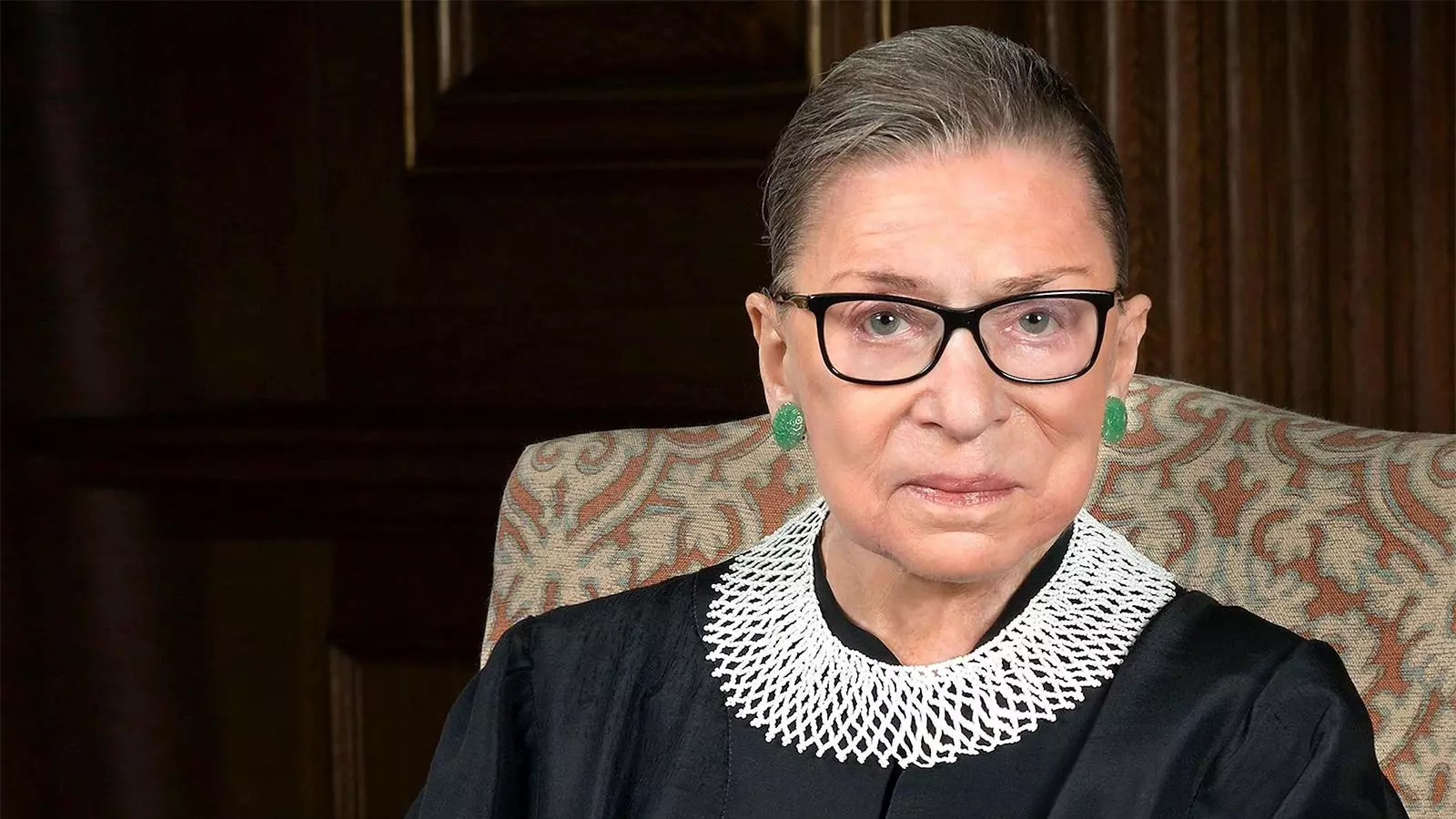In a troubling incident that starkly underlines the importance of patient confidentiality, Trent Russell, a former healthcare worker, was sentenced to two years imprisonment for illegally accessing and mishandling the health records of the late Supreme Court Justice Ruth Bader Ginsburg. Russell, 34, from Bellevue, Nebraska, was a transplant coordinator with the Washington Regional Transplant Community and had access to a range of sensitive medical data. His conviction has sparked significant controversy and reflection on the ethical obligations of healthcare professionals, especially regarding the sanctity of patient privacy.
The breach of confidentiality committed by Russell raises serious ethical questions about the responsibilities inherent in the medical field. Russell was charged with not only accessing Ginsburg’s records but also allegedly altering them and publishing misleading information regarding her health online. In 2019, amidst heightened public scrutiny of Ginsburg’s condition, Russell took it upon himself to exploit this situation. While he was acquitted of publishing false statements about Ginsburg’s perceived death, the mere act of accessing her medical information remains an egregious violation of privacy and trust.
During the trial, Russell’s defense strategy drew criticism as he offered absurd justifications for his actions, claiming at one point that his cat could have inadvertently accessed the records. This defense was met with ridicule from prosecutors, who emphasized the gravity of Russell’s actions and his lack of accountability. Prosecutor Zoe Bedell painted a vivid picture of Russell’s behavior, calling it “truly despicable conduct” and insisting that his implausible excuses illustrated a profound disrespect for both Ginsburg and the responsibilities of healthcare practitioners.
Despite Russell’s defense attorney, Charles Burnham, describing his client’s life as quietly heroic due to his military service and work as a transplant coordinator, these factors seemed insufficient to overshadow the severity of his transgressions. The juxtaposition of his past contributions to society against such a grave violation of privacy raises concerns about how individuals in positions of power can betray public trust. As the sentence was handed down by U.S. District Judge Michael Nachmanoff, the nuances of Russell’s character were overshadowed by the more pressing implications of his illegal actions.
Justice Ginsburg’s status as a prominent public figure introduces additional complexity to the case. Prosecutors argued that her age, health, and revered position made her particularly vulnerable to Russell’s misconduct—a stance that sparked a debate over the nature of victimization in the context of public figures. Russell’s lawyer contended that Ginsburg’s high office rendered her less vulnerable than a typical individual; however, this perspective disregards the inherent right to privacy that every individual, regardless of status, should expect.
Moreover, the incident raises critical reflections on the societal implications of privacy breaches, especially in the rapidly evolving digital age, where personal information is increasingly vulnerable to exploitation. Russell’s actions represent not just a legal failure but a profound ethical scandal that jeopardizes the trust foundational to the healthcare profession. The absence of a clear motivation further complicates the narrative, prompting broader questions about the moral compass guiding individuals in power.
Russell’s case serves as a cautionary tale that emphasizes the critical importance of ensuring stringent protections around healthcare data. It reveals how easily privacy can be compromised when healthcare workers prioritize personal gain or sensationalism over ethical responsibilities. There needs to be a concerted effort to create an environment where such breaches are unthinkable, potentially through more robust legal frameworks, better training, and a cultural commitment to ethical practices within the healthcare system.
In the wake of this disturbing incident, it’s imperative for both healthcare providers and patients to engage in critical discussions about privacy rights and responsibilities. As we navigate an increasingly interconnected world, fostering a culture that safeguards patient confidentiality will be essential in restoring public trust in healthcare institutions and upholding the dignity of individuals, regardless of their social or political stature. The fallout from Russell’s actions underscores the ever-evolving challenges that come with protecting personal information in a digital landscape fraught with risks.

Leave a Reply